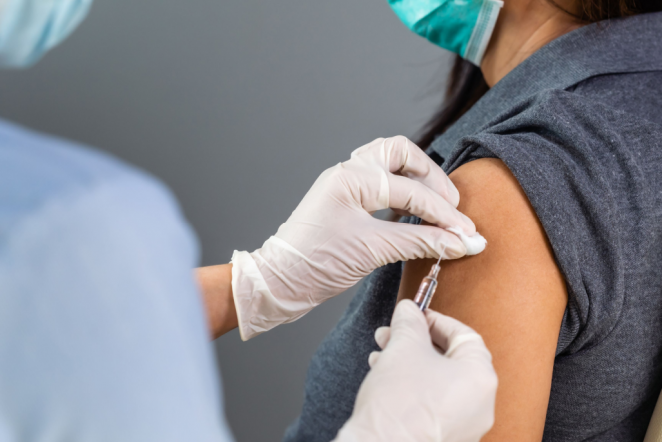By Rick Vienne, DO
When was the last time you talked to your doctor about your colon health?
While having those conversations and potentially preparing for a colonoscopy aren’t the most comfortable things in the world, scheduling a preventive procedure could save your life.
Embrace your colon health and talk with your doctor about how you can be your healthiest self.

The truth about colon cancer.
Here are some staggering statistics on colon cancer that you should be aware of:
- In the United States, colon cancer is the third most common cancer diagnosed and the third leading cause of cancer-related death in men and in women, according to the American Cancer Society.
- This year alone, there will be an estimated 106,180 new cases of colon cancer and 52,580 will die from the disease.
- On average, the lifetime risk of developing colon cancer is about one in 23 for men and one in 25 for women. Family history may be a factor that can increase your risk. For those with family members who have had colon cancer, the risk of developing the disease is nearly double.
- The risk of colon cancer increases as you age, and about 90 percent of cases are diagnosed in adults aged 50 years and older.
These numbers may be intimidating or even scary. However, if you understand the risk factors and are screened regularly, you can lessen your risk.
Stay in control of your health with preventive care.
The American Cancer Society recommends adults begin colon cancer screening at age 45, or at age 40 if there is a family history. While colon cancer is the second leading cause of cancer deaths in men and women in the U.S., the survival rate is 91 percent with early diagnosis.
One option for colon cancer screening is a colonoscopy. This is a procedure where a thin, flexible tube with a camera is inserted into the rectum to take photos of the colon. It enables doctors to see and study inside the entire colon and remove any precancerous growths before they become malignant.
During the procedure, a doctor may take tissue samples, or biopsies, and remove any abnormal growths like polyps before they turn into invasive cancer.
It is understandable that getting a colonoscopy may not be high on your list of things to do, and some people may even feel leery of this type of screening test. Just remember that you’ll be sedated and likely won’t feel any major discomfort during this procedure.
Most health plans will cover a colonoscopy as part of their no-cost preventive care, since the screening helps find potential health problems before you feel sick or symptoms develop. Talk to your doctor about a colonoscopy, or other free preventive colon screening procedures.
Keep in mind that if your preventive screening detects a health problem, any follow up medical services will be considered non-preventive and you’ll pay a portion of the costs. Call your health plan to determine what those costs may look like.
Lower your colon cancer risk with a healthy lifestyle.
 In addition to preventive screening, there are steps you can take to reduce your risk of colon cancer and keep yourself healthy:
In addition to preventive screening, there are steps you can take to reduce your risk of colon cancer and keep yourself healthy:
- Eat more fruits, vegetables, and whole grains
- Limit your intake of red meat and processed meats such as bacon, sausage, and deli meat
- Keep alcohol consumption at low to moderate levels
- Maintain a healthy weight
- Engage in daily physical activity
- Quit smoking
Talk to your doctor recently about your colon health. The conversation may not be comfortable at first but ignoring the issue won’t make it disappear. Take the right steps to decrease your chances of colon cancer today.

About the author: Dr. Rick Vienne, DO, is a primary specialist in Internal Medicine and graduated from the Kansas City University College of Osteopathic Medicine. He was inspired to become a doctor after his own fight with meningitis when he was younger.


